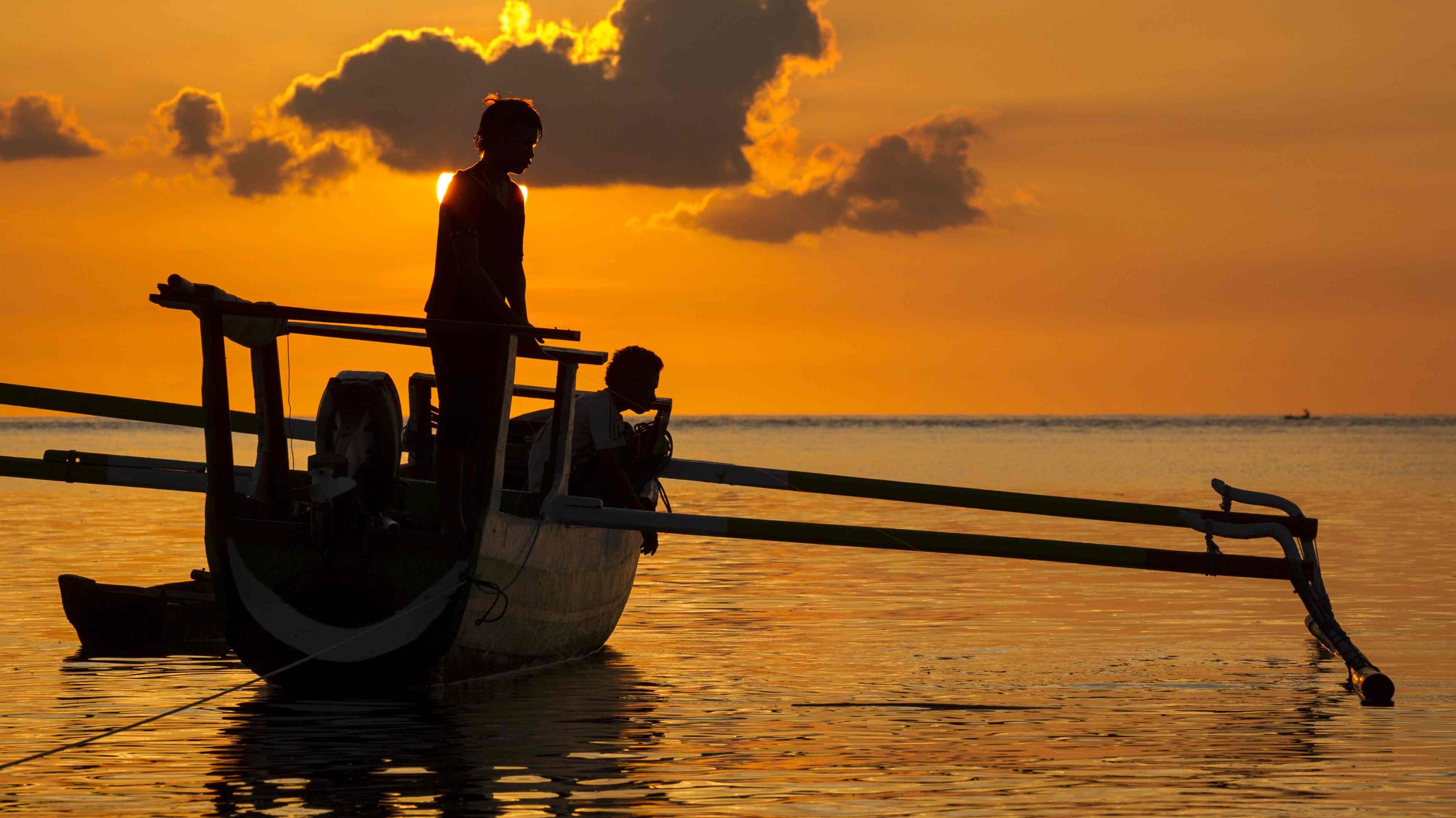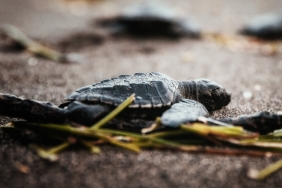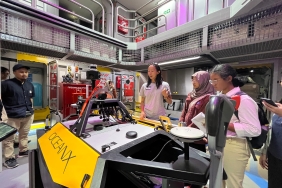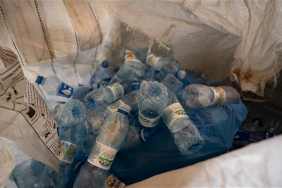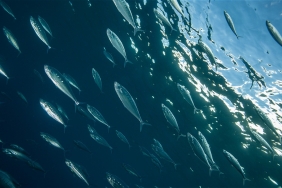THE STORY BEHIND FISHERMEN ON THE BRINK OF EXTINCTION
By: Muhammad Fahmi (Marine Buddies Makassar Coordinator)
"In my village, fishermen prefer to become motorcycle taxi drivers and day laborers rather than going out to sea to fish. It's not that they don't want to catch fish using environmentally friendly tools, but fishermen's pocket money can be used up to deposit to irresponsible law enforcement officers, "said Mr. Fahri from the Regional Environmental Agency (BLHD) of South Sulawesi Province.
With the aim of educating the public to be more selective in choosing and consuming seafood that is not only good for themselves but also good for the environment, Jaring Nusantara held a casual discussion entitled Afternoon Coffee Discussion: Fishermen on the Threshold of Extinction on Saturday, November 26, 2016 yesterday at Kedai Kopi Keiko Perintis Kemerdekaan, Makassar.
Since 13.00 WITA all participants have started to arrive with different backgrounds, such as students, students, coffee shop visitors who are indirectly involved to lecturers from Hassanudin University participated in this discussion. Before the discussion began, Idham Malik, a representative of Jaring Nusantara, opened the event with an introduction to Jaring Nusantara's activities and continued with a video showing environmentally friendly fishing and management from Fish n' Blues and WWF-Indonesia's #BeliYangBaik video guide. Furthermore, the moderator of the discussion, Muhammad Fahmi, as the Coordinator of Marine Buddies Makassar, guided and gave a brief overview of the discussion activities and introduced the speakers who came from academics, maritime anthropologist practitioners and the government itself, in this case the BLHD of South Sulawesi Province.
During the discussion, many facts were revealed as well as the opinions of practitioners and environmentalists on the condition of fishermen in the South Sulawesi region. In contrast to what was conveyed by Mr. Fahri above, Dr. Syaifuddin Yusuf S.T. M.Si, Lecturer in Marine Science and Fisheries at Hasanuddin University and an observer of the lives of fishing communities, pointed out the existence of massive and difficult to control illegal fishing activities in South Sulawesi.
According to him, in the last 10-20 years, fishermen can no longer refuse to go to sea to look for fish and marine products for economic reasons and stomach problems, where all marine products, whether they are still intact and suitable for consumption or destroyed and not suitable for consumption, still have demand in the market. In fact, the rental price of fishing gear and boats is getting more expensive so that fishermen have to think twice about not looking for marine products.
In line with Mr. Syaifuddin, Mr. Muhammad Neil S.Sos M.Si, as a Maritime Anthropologist, explained that there is an exchange of seafood livelihoods in the Spermonde region, especially in several small islands of Makassar and the outer islands of Pangkep Regency. Some of the fish that the people of Makassar consume are no longer caught in their waters. Some Jeneponto Regency fishermen were even arrested by Australian police because they no longer roam as they used to in order to meet market demand. It turns out that behind this story, the fisherman's catch depends on his wife who plays a very important role in meeting his daily needs.
"Our fishermen's wives are now smart, they have their own tricks so that their husbands often go to sea, by buying basic food supplies always in small quantities so that they will run out quickly, because when the groceries are bought a lot it is the same as making their husbands lazy to go to sea because they still think the basic food supplies in the kitchen are still ready stock" added Mr. Syaifuddin. At the end of the discussion, Darwan, as the organizing committee, said that he would carry out this discussion activity regularly and continuously with different concepts and themes.

